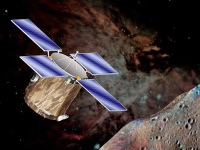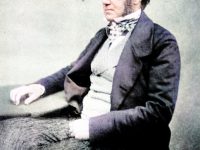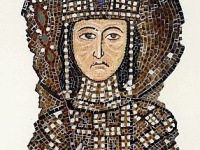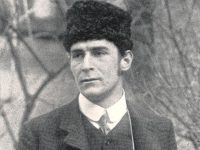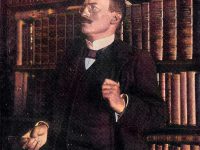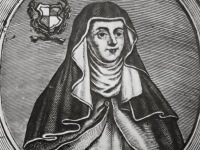NEAR Shoemaker and the Exploration of Asteroid Eros
On February 14, 2000, NASA space probe NEAR Shoemaker entered orbit of the asteroid Eros to study the near-Earth asteroid from close orbit over a period of a year. The mission succeeded in closing in with the asteroid and orbited it several times, finally terminating by touching down on the asteroid on 12 February 2001. The Discovery of Eros Eros was throughout history often object of scientific research, due to its larger…
Read more

